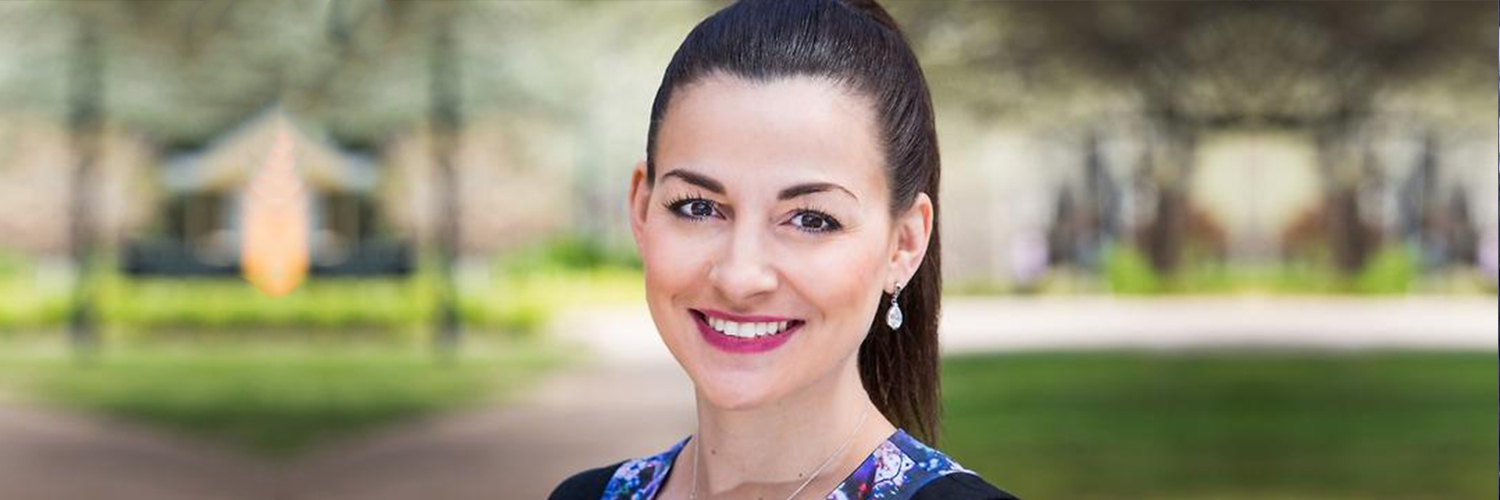Expert in Indigenous Education on her way to Harvard University

Jessa Rogers, a leading Indigenous scholar and expert in Aboriginal education, has received a highly competitive international scholarship that will allow her to study at Harvard University’s Department of Anthropology later this year.
The Fulbright Scholarship is known to be the largest educational exchange program in the world, aimed to increase binational collaboration, cultural understanding, and the exchanging on innovative ideas.
Rogers said that she was inspired to apply for the scholarship through her network of scholars and friends in the academic-world, many studying away from home and achieving ‘incredible, outstanding things’.
“I had heard about the Fulbright when my husband Areti (former Vice Master of Wesley College at University of Sydney) organised for Fulbright to present to students at a dinner. The program sounded incredible, but extremely selective. As I headed toward the last months of my PhD, I had been thinking about my next steps, and decided to apply. I didn’t think I had a chance, but put an application in all the same.”
Rogers’ achievements in Indigenous affairs have received wide recognition, having won numerous awards from NAIDOC Young Person of the Year 2010, and in 2016, was named the ANU Postgraduate Student of the Year and the QUT Young Alumnus of the Year.

NAIDOC Awards Dinner, South Australia, 2015. (Pat Brunet / Event Photos Australia)
Now an Assistant Professor of Education at the University of Canberra, Rogers’ graduated her Year 12 as a 17-year-old new mum to a son who was just 10 days old. Despite these challenges, she was determined to get a good education for the sake of her own and her children’s wellbeing.
The Wiradjuri woman became a PhD Candidate at the ANU after her completing her Masters of Education at the University of Southern Queensland. Jessa’s PhD explored Aboriginal and Māori girls’ contemporary boarding school experiences in Australia and Aotearoa New Zealand through ‘photoyarn’, an Indigenous arts-based method which she developed.
Rogers’ also has a breadth of experience as an educator, working on the ground as a teacher in primary and secondary schools. She opened, and was principal of, an Indigenous girls’ boarding school in Far North Queensland for teenage mothers and their children.
“Now that I have been announced as a Fulbright scholar, something that I realised felt good, was that it was I had won a selective mainstream scholarship. As an Indigenous scholar and someone passionate about Indigenous studies, I often stay within my ‘safe’ zone, and don’t venture out of that space as much as I should. To win a Fulbright reminded me that as Aboriginal people we should continue to put our name forward and believe in our hard work and achievements no matter what the opportunity or how much we feel we won’t get there. It is absolutely the case that our people are the best of the best in many fields and will continue to be so in years to come,” Rogers says.
“I am overwhelmed not only to be visiting Harvard, but that I will be a fellow when I travel there in the last half of 2017. I am very keen to collaborate with the Native American program (HUNAP) and to learn from some of the world’s best academics. Most of all I am excited to keep developing the research method I created for my PhD, photoyarn. I believe it has the potential to create truly participant-led research.”
By Sophie Verass, SBS
Originally published on NITV
Copyright © 2021 – Fulbright


 Facebook
Facebook Twitter
Twitter Linkedin
Linkedin Instagram
Instagram